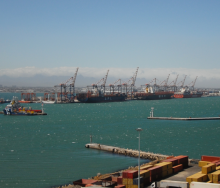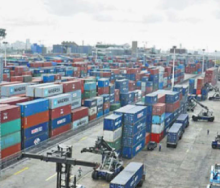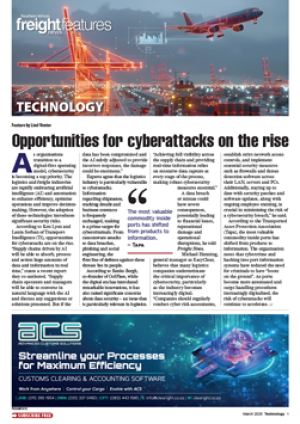Opposition to the US government’s steep fees targeting Chinese-linked ships entering American ports is rising, with industry experts labelling them "disruptive" and counterproductive.
The comments come as the Office of the United States Trade Representative (USTR) recently held two days of public hearings in Washington over the policy, which proposes a per-port-entry fee of up to $1.5 million on Chinese-built ships and up to $1m per-port-entry fee for any Chinese-built vessels in a carrier’s fleet or orderbook.
Industry insiders believe the fees will in fact harm the competitiveness of America's own maritime sector while failing to curtail China's lead.
While the World Shipping Council has expressed its support for the USTR’s goal of building a vibrant US maritime industry, it has expressed strong opposition to the fees. The organisation contends that they will aggravate inflation for US consumers and businesses, threaten jobs, and have especially negative impacts on US farmers and other exporters.
In his testimony for the recent USTR hearing, WSC CEO Joe Kramek said: “A strong US maritime sector will have strong ripple effects across the entire maritime industry. However, WSC strongly opposes the proposals for port fees and requirements to use US-flagged vessels.”
He warned that the proposed port fees, if adopted, would generate congestion at larger ports while reducing service at smaller ports as vessel operators minimise the number of US port calls their vessels make on each route.
He pointed out that an average-sized (6 600-TEU) container ship whose route now includes six port calls in the US would incur fees that would approximately double the combined inbound and outbound spot rates for shipping between New York and Rotterdam.
WSC represents operators of more than 90% of the world’s container ship capacity.













